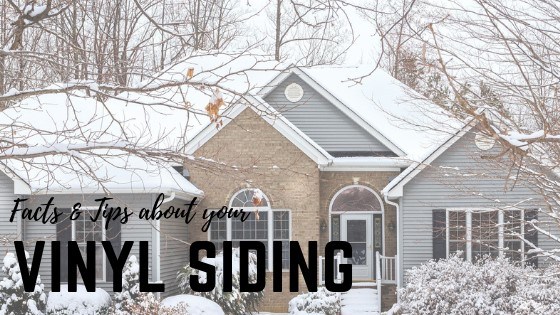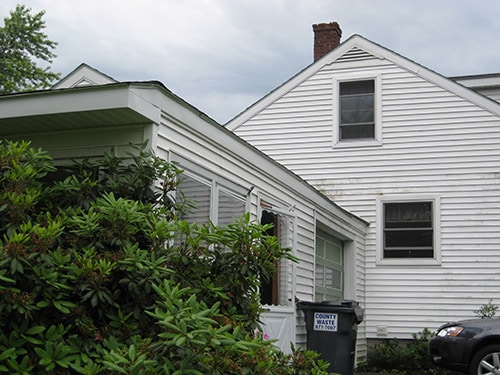Click to enlarge any image small gray or darker round spots on siding that are about 1 16 in individual diameter particularly if the spots are slightly raised may be artillery fungus a mold spore.
Green slime on vinyl siding.
As with any type of exterior finish vinyl siding can become dirty over time due to an accumulation of dirt and grime most of which can be removed with a simple spray of the hose but if you notice the appearance of green stains during your inspection you ll need to take a different approach.
It is actually airborne algae that can cause long term damage to the surface.
If by chance you have found the answer i.
Water dripping onto the area typically causes green mold on your siding.
If vinyl shows green discoloration or staining typically one of two things is responsible.
I ve been looking and looking as to how to clean it up and as yet have no answers.
The photo at above left shows green algae on vinyl siding.
Algae on vinyl siding occurs because organic materials such as dust dirt pollen bird droppings and spider webs accumulate on the siding and algae uses it as a food source.
While it is not uncommon to see homes with an accumulation of green stuff it is important to take care of it in a timely fashion.
The green stuff on your siding is more than an eyesore.
Even worse if could be a combination of them all.
When house siding begins to turn green it diminishes the exterior appearance of the home.
You may have noticed a green growth on your vinyl siding or gotten an hoa violation letter notifying you that your siding needs to have the green growth cleaned off.
Whether it s mold or mildew your siding is no place to have things growing.
I m having the same problem as you slug slime on our vinyl siding.
These stains occur naturally over time.
Algae may also look black or brown as may some molds.
Each one is just as big of a problem as the next.
Fortunately siding can be cleaned to remove not only green stains but other dirt and stains that may be taking over the homes exterior.
Ignoring this green growth on.
Watch as lou manfredini ace s home expert shows you an easy and affordable way.
It s simple it is most likely either mold mildew or algae.










